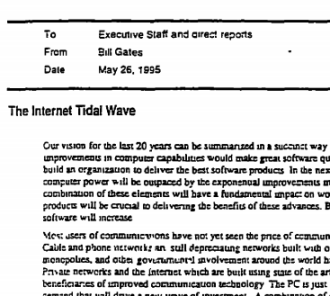
In the normal course of research for the book, I wondered how quickly mobile phone use got to the 1 billion mark. I figured we’re well past that number now, but I had no idea how far past it we’ve blown.Like, six times past it. We hit 1 billion in the year 2000, and never looked back.
According to the ITU, nearly 90% of people in the world use mobile phones. Holy. Cow. By comparison, just 35% of us are using the Internet. That is going to change, and fast. Everyone needs a new phone after some period of time. And the next one they get is going to be connected. Just some Monday afternoon Powerpoint fodder for you all. Now back to work.
Read More






